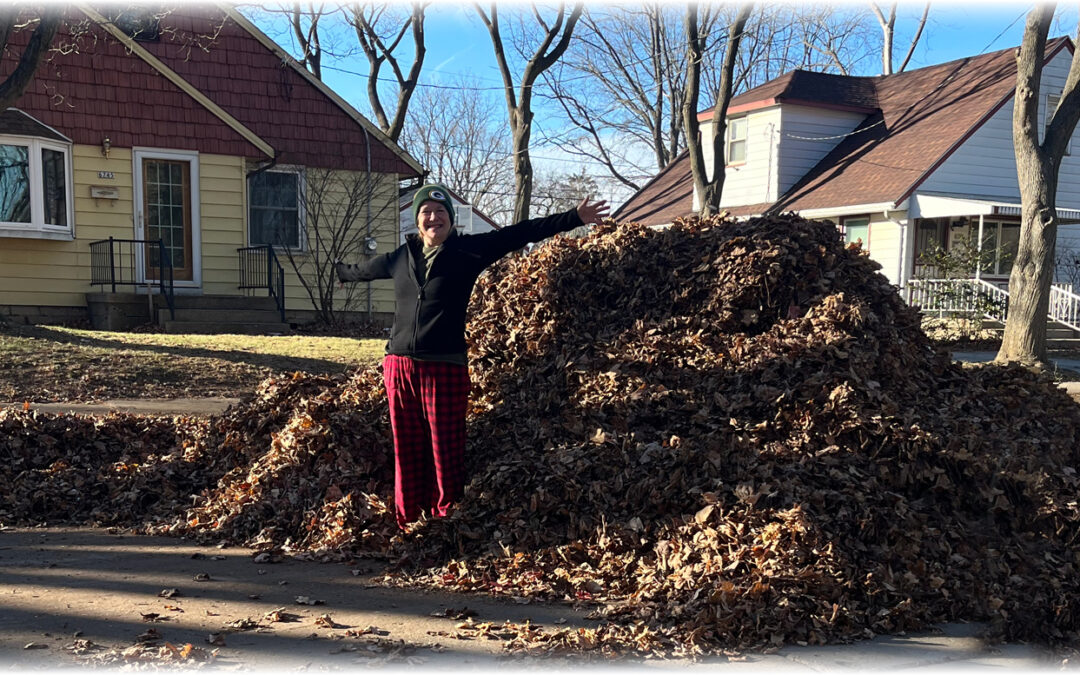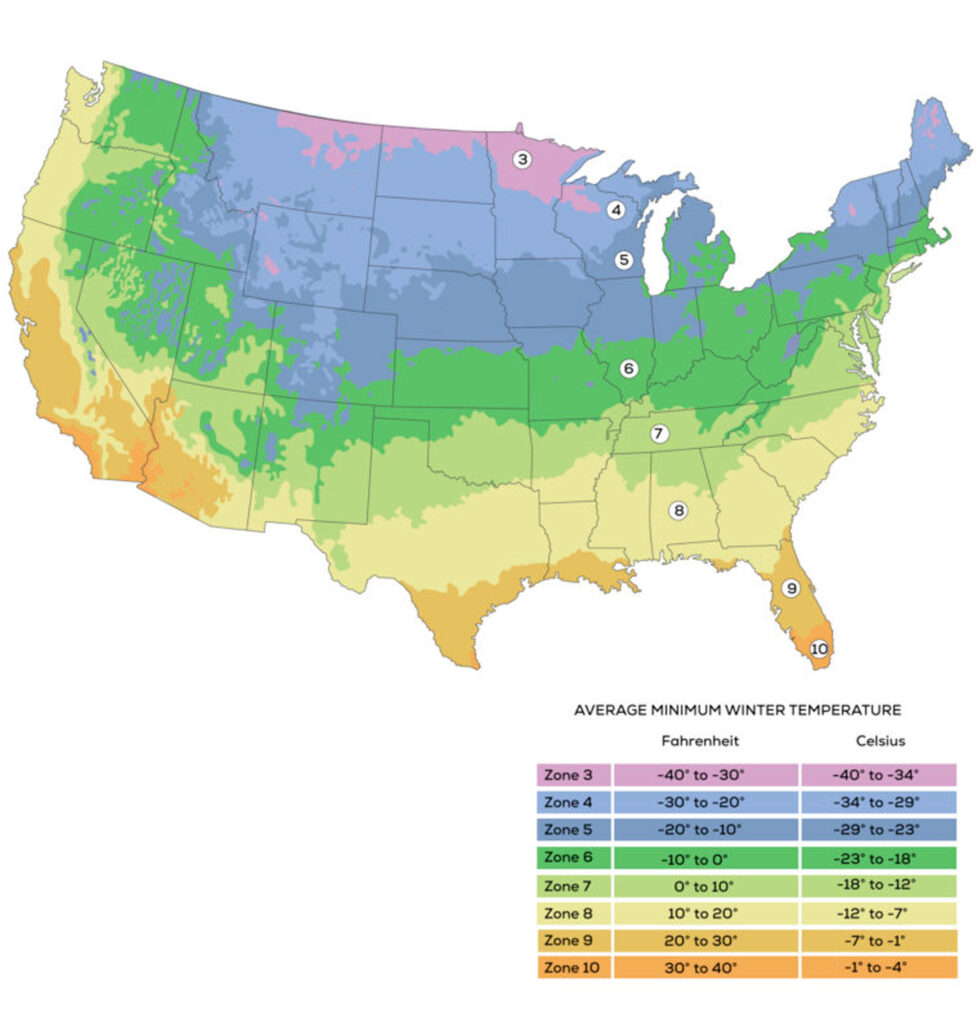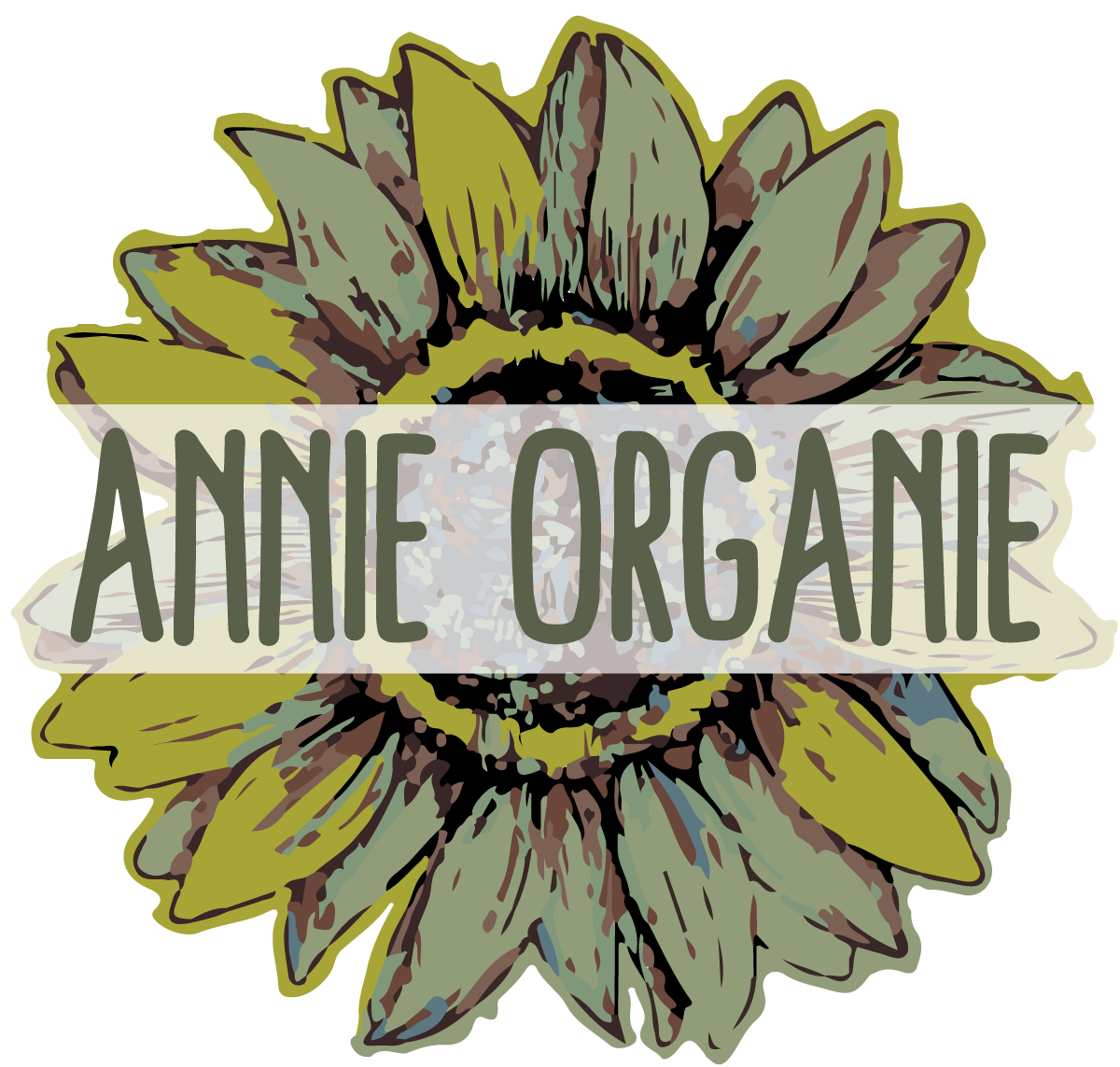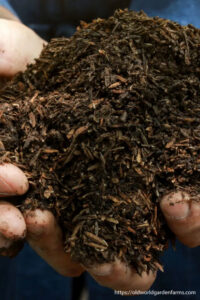 This time of year in my neighborhood, the streets are lined with piles of leaves, waiting for the city trucks to remove them. In Milwaukee, Wisconsin, over 15,000 tons of leaves are picked up and composted by a local company, Purple Cow Organics, and sold back to the public.
This time of year in my neighborhood, the streets are lined with piles of leaves, waiting for the city trucks to remove them. In Milwaukee, Wisconsin, over 15,000 tons of leaves are picked up and composted by a local company, Purple Cow Organics, and sold back to the public.
There are a few reasons why the leaves must be picked up and not allowed to rot in place. They can clog up city drains causing flooding. Leaves contain a lot of phosphorous which can contaminate streams, rivers, and lakes.
There are those who recommend leaving the leaves in place in your yard as there are lots of insects that use the leaves to overwinter. Some may be beneficial, but some, such as slugs, are not. Also, full-sized leaves take a long time to decompose, sometimes as long as two seasons, so you risk killing any vegetation beneath them.
Composting your leaves is a great way to create organic compost/mulch for your gardens. With a little bit of effort, you can a wonderful soil amendment for your vegetable garden each year, and it’s free! Leaf compost will provide nutrients, suppress weeds and help retain moisture in your soil. It’s a win-win all around!
The quickest way to produce your compost is to mulch or shred the leaves. You can do this with a lawnmower or a leaf shredder. If you have a leaf blower with a mulching blade you can vacuum up the leaves in no time. I usually do it this way and put the shredded leaves on top of my garden beds to overwinter them and keep the soil covered. Remember, nature does not like bare soil.
You can also just create a pile of leaves in a corner of the garden and let it sit. If you have some other organic materials such as grass clippings to add you can speed up the process by adding these nitrogen-rich materials, but it is not necessary. If you use only leaves, it may take up to two seasons to produce the compost. It will depend on your area and climate.
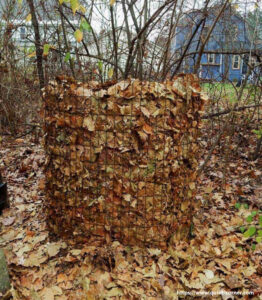 Some types of leaves are better to compost than others, and some should be limited or not used at all. According to Old World Garden Farms, maple, birch, ash, cherry, cottonwood, and fruit tree leaves are all great choices to use as they provide the best nutrients and will break down quicker. Waxy leaves should be limited as they take the longest to break down and will also repel water causing runoff, and we don’t want that.
Some types of leaves are better to compost than others, and some should be limited or not used at all. According to Old World Garden Farms, maple, birch, ash, cherry, cottonwood, and fruit tree leaves are all great choices to use as they provide the best nutrients and will break down quicker. Waxy leaves should be limited as they take the longest to break down and will also repel water causing runoff, and we don’t want that.
Unfortunately, oak leaves should be limited as they have a lower PH level and are low in nitrogen and trace minerals. This will slow down the composting process and will not provide you with the most nutrient-dense end product.
Leaves to Avoid
Some leaves should not be used at all in your compost pile. Black Walnut and horse chestnut are two such trees that should be avoided, as they contain toxins that will harm plants and prevent growth. If you ever order wood chips from places like getchipdrop.com, always specify that you do not want wood chips from these trees, unless of course, you plan on using the wood chips in areas where you do not want anything to grow.
Go get going this fall and turn that pile of leaves into “black gold”!

